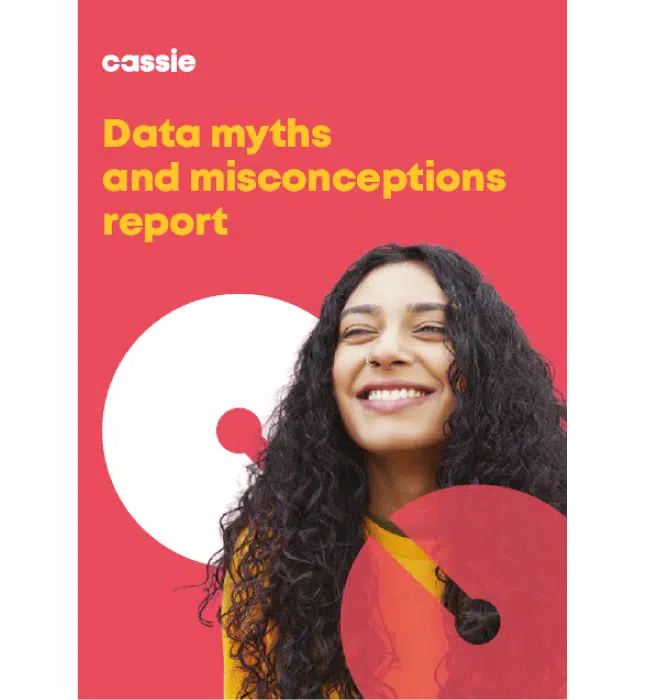Who is affected by GDPR and CCPA compliance
Posted: March 20, 2023
Data privacy legislation, such as the European Union’s General Data Protection Regulation (GDPR) and the California Consumer Privacy Act (CCPA), are essential for protecting consumer data.
These laws ensure that businesses take precautions to keep user information secure, protect individuals from unauthorized use of their data, and give users control over how their data is used.
By adhering to these regulations, companies can maintain trust with their customers and avoid hefty fines for non-compliance. It’s important for businesses to stay up-to-date on new or updated legislation in order to understand all aspects of the law and comply accordingly.
Therefore, businesses must be proactive in understanding and complying with any changes made to existing or newly enacted laws regarding data privacy. Doing so will help them build strong relationships with their customers and demonstrate to regulators that they are following the law.
Ultimately, data privacy legislation is essential for providing users with a sense of security in how their data is used, while creating an environment of trust between businesses and their customers.
By understanding and following data privacy legislation, companies can remain compliant as well as protect user information securely from unauthorized use. This creates a win-win situation for both organizations and consumers alike.
Who is affected by GDPR compliance?
The General Data Protection Regulation (GDPR) affects any individual or organization that processes personal data of persons in the European Union. This includes data controllers and processors who are based within the EU, as well as those outside of the EU if they process the data of people located in the EU.
If your business collects, stores, transfers or otherwise uses personal information from anyone located in Europe, you must comply with GDPR requirements – no matter where you’re located. Failure to do so can lead to serious fines and penalties.
The fines imposed for non-compliance with GDPR are significant and can be up to €20 Million or 4% of the company’s global annual turnover (whichever is higher). The fine will depend on the severity of the breach that occurred. For example, if the breach was intentional, involved very sensitive data, or put people at risk of physical harm, then a larger fine will be imposed.
Who is affected by CCPA compliance?
The California Consumer Privacy Act (CCPA) affects any business that collects, stores or processes personal information from Californian residents. That means it applies to businesses outside of the US and even outside of California, as long as they transact with Californian customers. It’s important to understand how CCPA requirements apply to your business, no matter its size or location.
If you have fewer than $25 million USD in annual revenue, employ fewer than 50 people annually, or make less than half of your annual revenue from selling consumer data then you may not be subject to the full CCPA legislation. However, many companies find it beneficial to comply regardless – doing so can help build trust with customers and improve their overall experience of your brand.
The fines and penalties that can be imposed on organizations for non-compliance with the CCPA vary significantly. Depending on the violation, companies may be fined up to $7,500 per violation or even face civil lawsuits. In some cases, violations can result in criminal charges and potential jail time.

Want to know more about data privacy?
Read our data myths and misconceptions research report to understand why US consumers are wary about the security of their online data.
In this report, you will discover:
- The most popular data protection measures and whether US consumers find them effective
- The levels of awareness regarding information companies can collect about consumers
- Whether US consumers keep up to date with data privacy legislation
- How companies can win consumer trust by respecting data.

